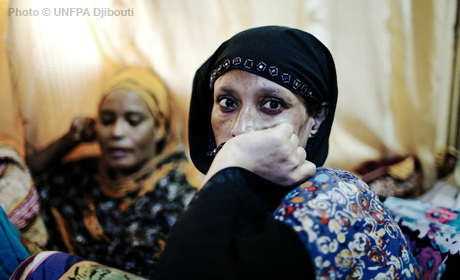Key humanitarian results 2020

UNFPA-assisted safe deliveries

Total people reached with all types of GBV services

Affected population reached with Family Planning services

Number of women of reproductive age (aged 15-49) reached with SRH services

Number of adolescents aged 15-19 reached with SRH services

Number of young people aged 20-24 reached with SRH services

Number of people reached with SRH/GBV information and awareness activities

Number of people reached with personal protective equipment (PPE) supplies

Functional health facilities supported by UNFPA that provide Emergency Obstetric Care (EmOC)

Dignity Kits distributed

Number of adolescent and youth-friendly spaces supported by UNFPA

Number of health facilities that provide specialized GBV services (including Clinical Management of Rape), supported by UNFPA

Jeunes animateurs et bénévoles formés à la santé sexuelle et reproductive

Personnel trained on clinical management of rape

Personnel trained on Minimum Initial Package (MISP)

